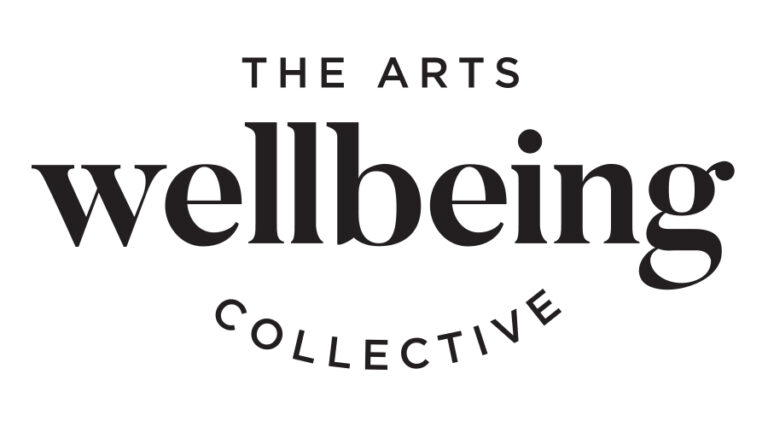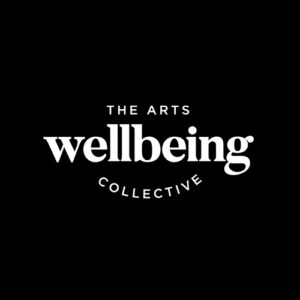
Sometimes when you’ve been in the ‘tour bubble’, coming home can be daunting. You may be facing a period of unemployment, or, you might finish one tour and immediately start on the next project without really resting – a recipe for burnout.
Adjusting to changes – like how you spend your time or what sort of things you are thinking about – requires energy from our minds and our bodies. The bigger the shift, the bigger the adjustment needs to be, and the more mental and physical resources you will need to devote to it.
It can be helpful to view touring in this context – as a circumstance that inherently requires multiple and constant adjustments. The end of a tour is a milestone that, even in the nicest of circumstances, will require an adjustment.
Regularity and relaxation are great for softening the stress we experience during times of adjustment.
Regularity is the antithesis of change, and relaxation helps us sustain the energy required to endure change.
At the very least, acknowledge that adjusting to change requires energy.
It takes time to establish new patterns and to re-establish old ones. Be kind to yourself and affirm that post-tour life is unlikely to feel ‘normal’ straight away.
If you can, try to implement some ‘home life’ patterns towards the end of the tour – simple things like eating what you might eat at home, connecting regularly with friends that you normally see at home.
By putting some of this into the final days of the tour, the shift from tour to home life is likely to feel slightly less abrupt and slightly more familiar.
Consider having transitional objects – is there something that represents the tour to you, a memento or object that can transition from tour to home with you?
Perhaps even something you can take from home to the tour from the start. The object can then be a consistent symbol of the tour, and a permanent connection to your tour experience, even once the tour is over.
Pick up aspects of old routines one at a time, such as bed times, breakfast items, exercise and so on.
Block out time in your schedule to replenish and nourish yourself, employ relaxation strategies, plan familiar rituals and activities like catching up with friends, doing washing, walking the dog.
Good physical health and sleep are essential. Keep in mind that it can take at least a week of consistency to establish new sleep patterns.
The abrupt change to social habits formed on tour might make you feel lonely. You might even experience a kind of grief process when leaving the “tour family”.
Try to keep up social connections on homecoming – nourish old friendships, spend time with people you care about, visit your favourite local places, and continue to connect with colleagues.
You might not be the only one re-adjusting to the end of tour. Family or friends might seem resentful when you come home (even though they are happy to see you, they are adjusting too!).
It’s just an adjustment period – patterns of routine, roles and responsibilities have been changed when you are on tour, so it can take some time for patterns of ‘home life’ to feel harmonious again.
Don’t be shy – get in touch with your tour-mates! They might be wishing for connection too. Give them a call and share stories.
Talk to colleagues who are willing to share their experiences of adjusting post-tour and see if you gain any tips.
Try to verbalise, with someone you trust, the weirdness of being away and your feelings about the relationships you left behind on tour.
You might notice increased anxiety about your finances at the end of touring – it could be a good time to connect with a financial counsellor.
Allow yourself to experience whatever emotions are needed – sadness, confusion, grief, gratitude, relief. Emotions are normal reactions to endings, even when they might feel more unpredictable or intense.
Try not to judge what you feel and reach out for support if you become overwhelmed.
Reflect on what you’d like to improve for the next time you’re on tour, and importantly, celebrate all the things that went well on tour!
Engage in some self-reflection and identify what aspects of the end of tour might be potent for you – for some people the loss of structure can be hard. Others, it’s loneliness after relationships drift when the show wraps.
Each of these different aspects would benefit from a different contingency plan, so create one that is specific to your own coping style.
Make meaning – we humans are meaning-making creatures. What did you learn while you were away? What do you know about yourself, your craft, the world that you didn’t know before? Use your creativity to put it into words or images or sounds.
Endings are also new beginnings – keep focused on the future, and take the opportunity to establish new helpful patterns. It can be a useful time to establish helpful supports for any lingering difficulties.
If you feel stuck, just remember the super trio:
Exercise: Keep up physical activity.
Connect: Socialise with those around you.
Sleep: Get consistent sleep.
If things continue to feel overwhelming, book a check up with a GP. It’s a great start to implementing some professional help to support your mental health throughout the adjustment (and beyond!).
Give yourself a pat on the back. You’ve done a great job!
Going On Tour? Tips For Your Mental Health



The Arts Wellbeing Collective is an Arts Centre Melbourne initiative that comprises a consortium of arts and cultural organisations whose shared vision is to effect better mental health and wellbeing for performing arts workers. Our objectives are to: - Improve support services for performing arts workers - Collate and share information - Effect industry cultural change - Improve support networks within and between arts organisations. Our guiding principles are: - Prevention focused, promoting positive mental health and wellbeing, and raising awareness of mental health, mental health problems and the value of early intervention. - Working in partnership, ensuring a variety of partnerships state-wide and across the industry – collaboration is core to the Arts Wellbeing Collective and vital to success. - Creating systems level change, through seeking to understand and address systems, cultures and traditions that contribute to poor mental health and wellbeing in the performing arts. - Long-term thinking, prioritising resources and initiatives that have capacity for long-lasting impact, scalability and transferability. - Knowledge creation and dissemination, working with experts and industry leaders to find, share, create and translate the best available information, tailored for creative contexts. - Encouraging innovation, Arts Centre Melbourne is always learning – we do not have all the answers. We will test, trial, evaluate, and share useful findings with energy and authenticity, and continue to be rigorously planned, strategically responsive and thoughtfully adaptable.
Read Full Profile© 2021 TheatreArtLife. All rights reserved.

Thank you so much for reading, but you have now reached your free article limit for this month.
Our contributors are currently writing more articles for you to enjoy.
To keep reading, all you have to do is become a subscriber and then you can read unlimited articles anytime.
Your investment will help us continue to ignite connections across the globe in live entertainment and build this community for industry professionals.